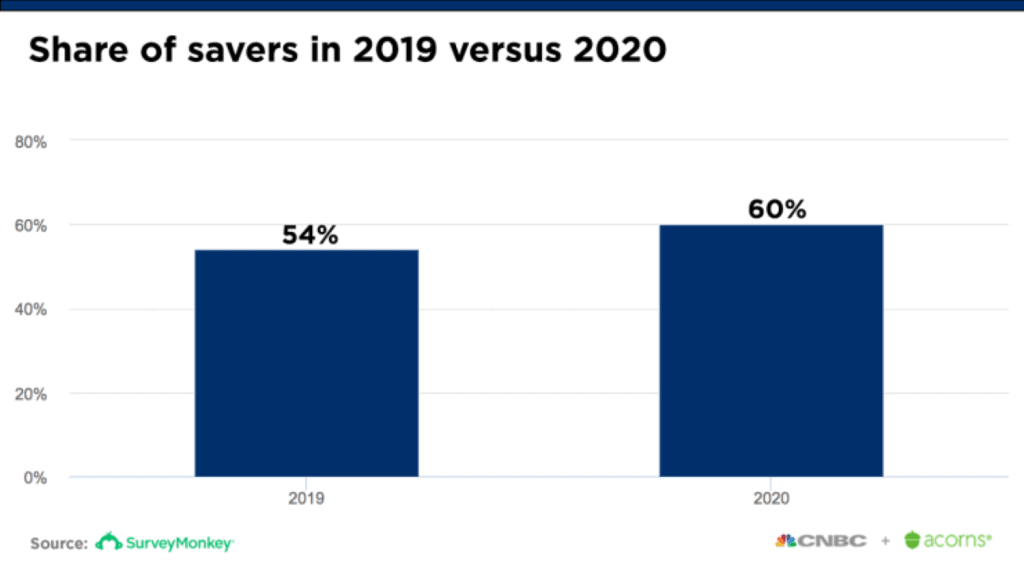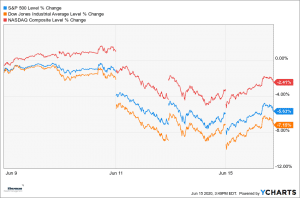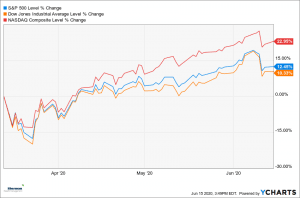Whether your investment portfolio consists of a 401k or multiple brokerage and retirement accounts, it is important to understand the fees associated with your investments which can dramatically lower returns over the years. Here are some fees you should look out for.
Account Fees:
For 401k accounts, there are typically fees charged by the plan provider to administer the plan. Brokerage accounts may also have various account service fees, so check the fine print for more details. Sometimes these are waived if you opt-in to electronic delivery and or meet certain account minimums.
Fund Fees:
When it comes to fund fees, ETFs tend to be lower cost than mutual fund fees. Most ETFs are passively managed index funds, while most mutual funds are actively managed funds although the reverse also exists. Actively managed funds will have higher fees, but fees will also vary depending on the underlying assets.
Expense Ratio
The expense ratio is the annual fee that ETFs and mutual funds charge their shareholders. It is expressed as the percentage of assets deducted for fund expenses such as management fees, administrative fees, operating costs, and all other asset-based costs incurred by the fund. Mutual funds also include 12b-1 fees in the expense ratio, which ETFs do not have. What is not included in the expense ratio of a fund is the cost to trade the fund itself.
Mutual Fund Specific Fees:
12B-1 Fees
These mutual fund fees are charged annually and are considered to be an operational expense associated with a fund’s “marketing and distribution.” This could be anything from paying brokers to sell the funds or providing sales incentives. These fees are included in a fund’s expense ratio meaning the higher the 12B-1 fee, the higher the expense ratio. Investors can locate more information about these particular fees in a fund’s prospectus.
Front-End Load Fees
Front-end load fees are paid out to a broker in the form of commission when he or she sells a mutual fund. When an investor purchases a front-end load mutual fund, a percentage of their investment, usually 2% to 5%, goes to the broker.
Back-End Load Fees
Also known as a deferred sales charge or DSC, back-end load mutual funds charge a penalty fee if you sell your shares within five to ten years. Fees are highest within the first year of purchase, and decrease each year until the end of the agreed-upon holding period.
Trading Costs:
Transaction Fees
Despite a trend of more brokerages offering free transactions, transaction fees still exist when buying and selling investments. The price range of transaction fees varies, and it should be an expense to keep track of if you make lots of transactions over time.
Bid-Ask Spread
The bid-ask spread is a truly hidden cost to trading and is referred to as an implicit cost. This is the difference between the price to buy a security and to sell a security, which are not the same. Highly liquid securities will have very tight spreads, making this cost minimal, but it is important to pay attention to the liquidity of the fund.
Advisor Fees:
Looking for someone to manage your finances?
While some advisors are commission based and make money through the commissions associated with each investment transaction, here at Sherman Wealth, we are a fee-only (RIA) financial planning advisor, and can help you manage your finances and encourage you to think differently about your money.
As a fee-only registered investment advisor (RIA), we charge a flat rate for our services. RIAs have a fiduciary responsibility to act in their clients’ best interests. Unlike investment brokers who can end up costing the client a lot of money depending on the frequency and volume of trades, we provide advice and make transactions without taking commission-based compensation. RIA’s tend to use low-fee investments, including low-cost no-load mutual funds, individual stocks and bonds and investments that do not have 12B-1 fees.
If you have any questions or think we could be of service to you, please sign up for a free 30-minute consultation here. We would be happy to help you and answer any questions you may have.












